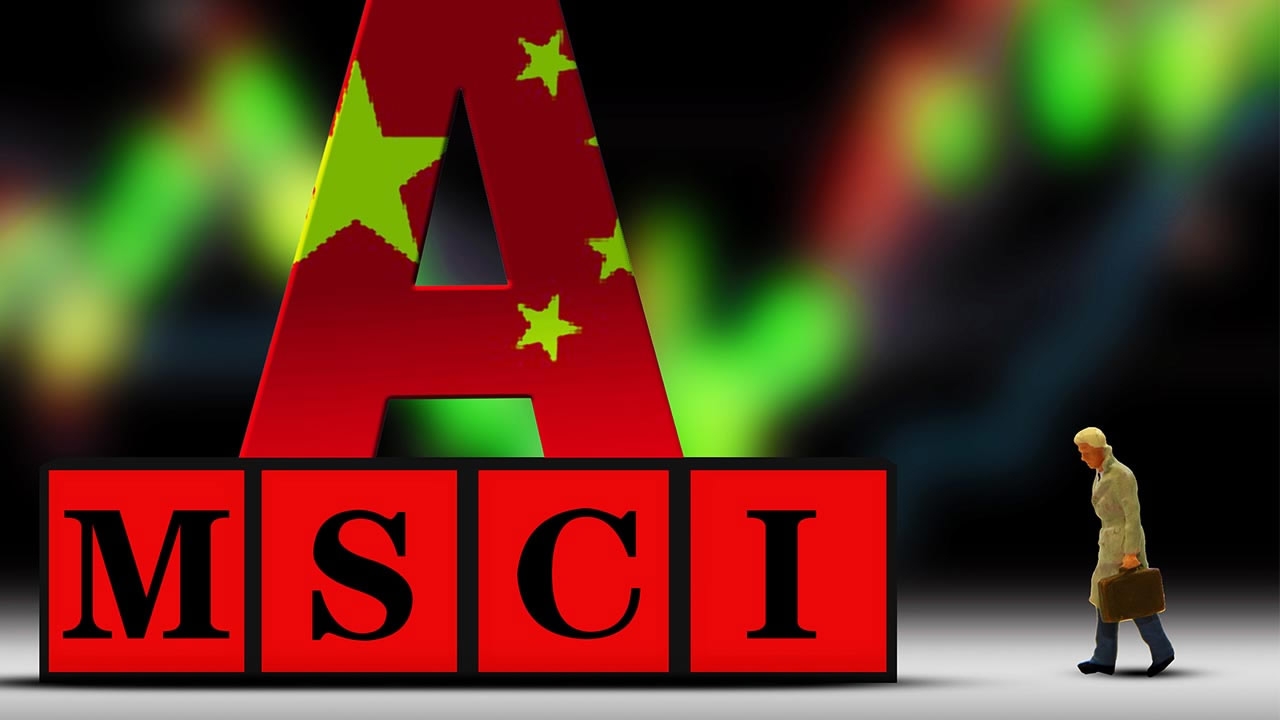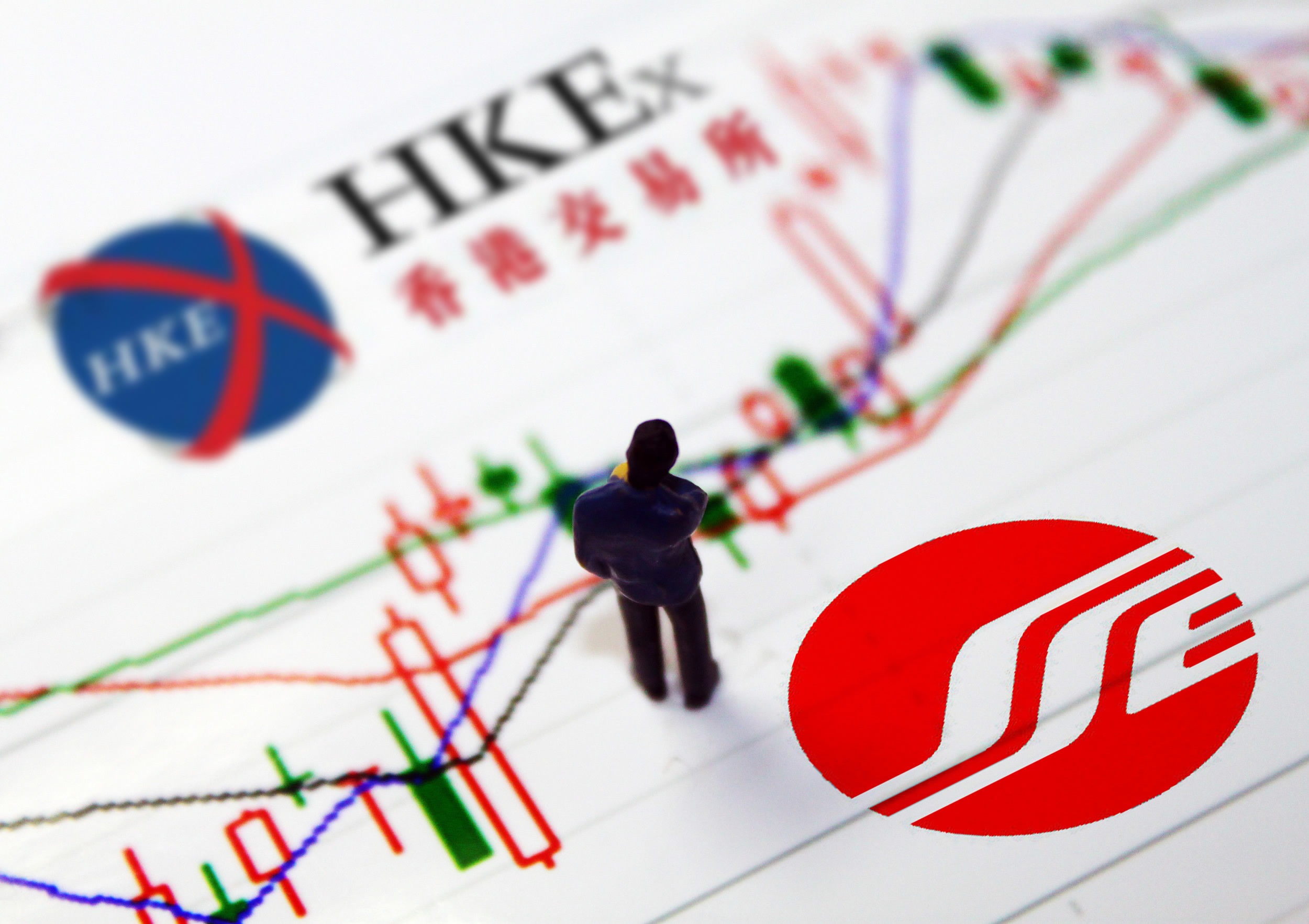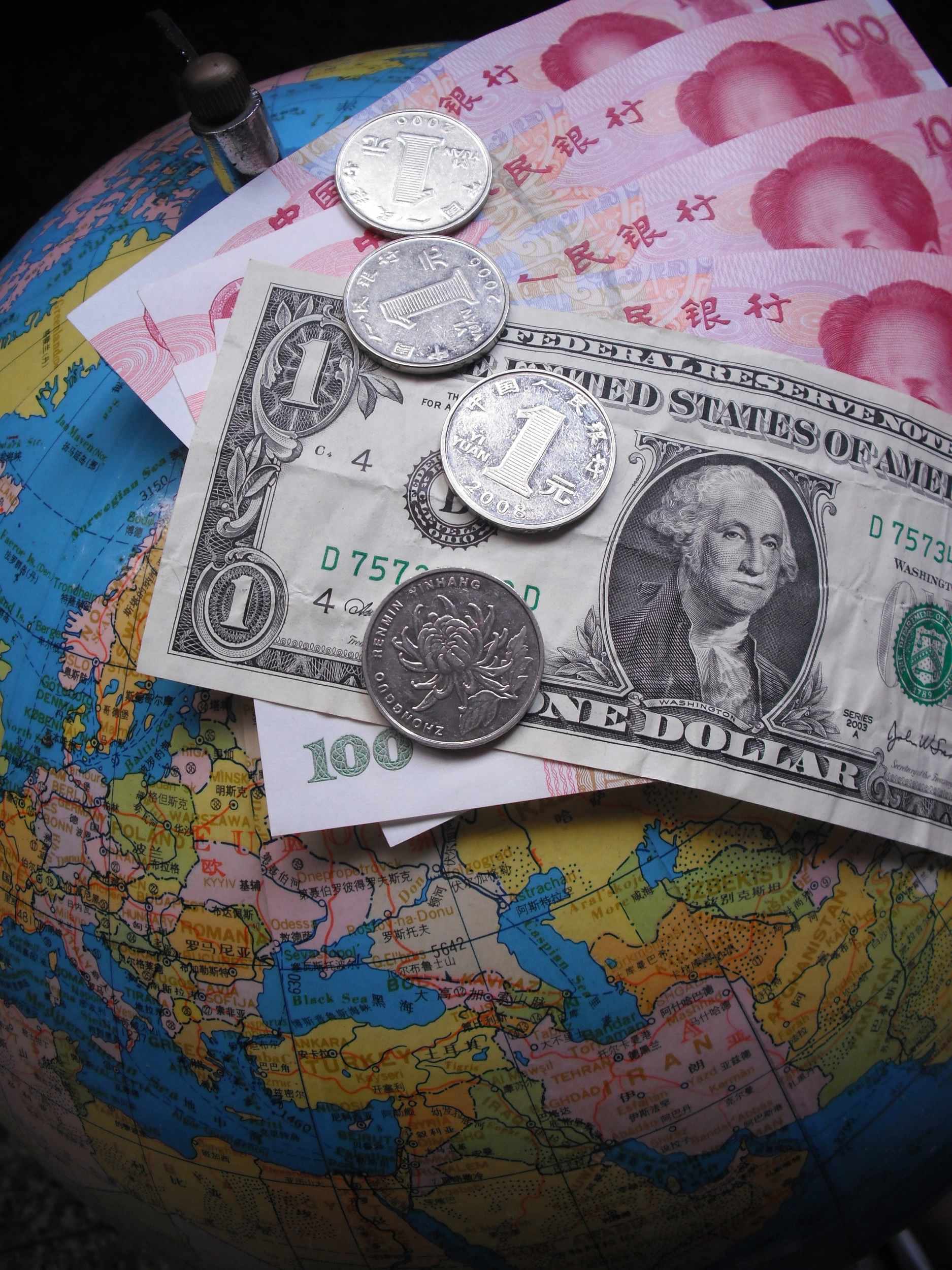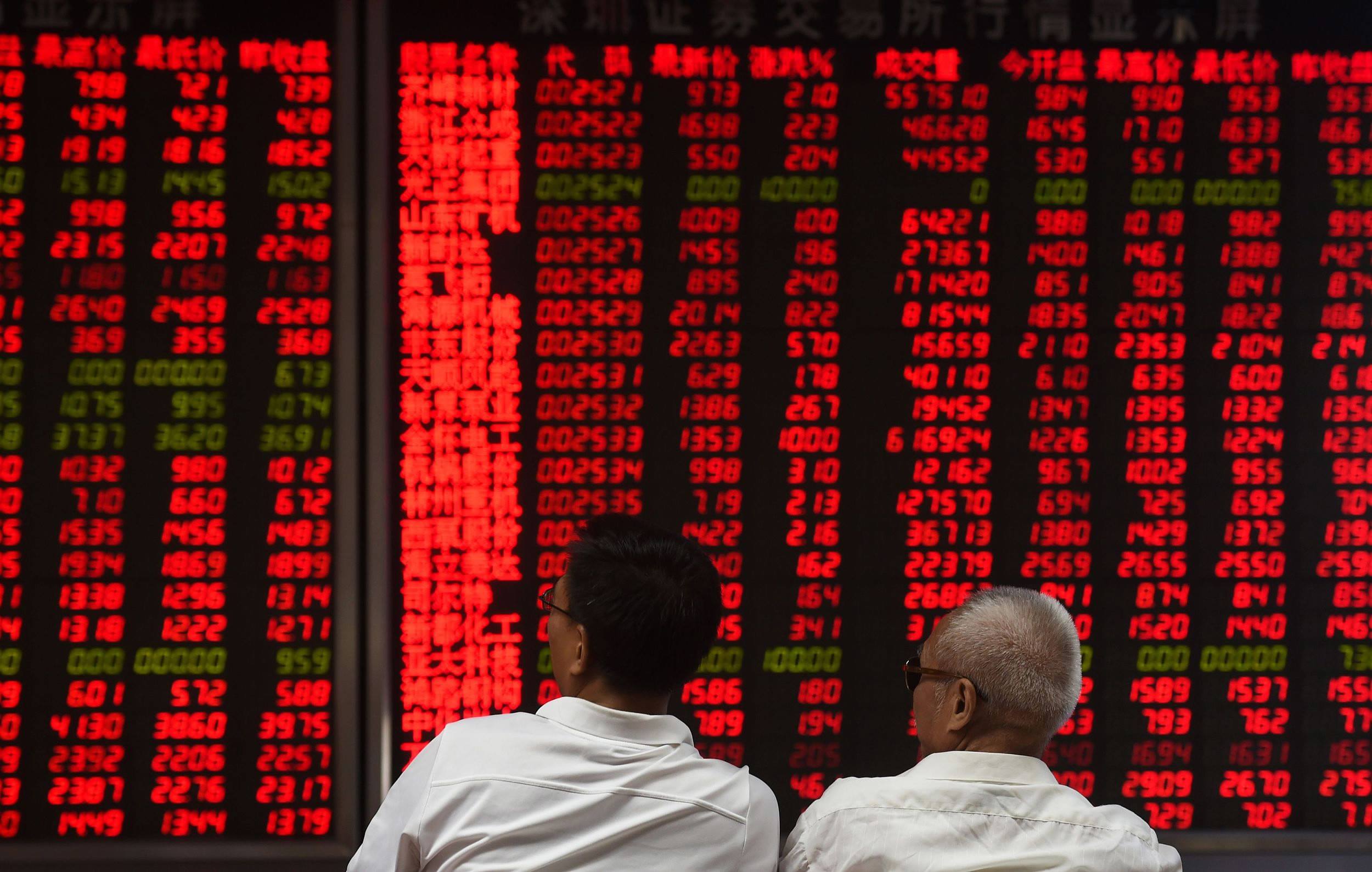
Business
14:58, 21-Jun-2017
How investors comment on MSCI's inclusion of China's A-shares?

China's efforts in opening its market to international investors has finally been endorsed after Morgan Stanley's Capital Index, or MSCI, said on Tuesday it plans to add China's A-shares to its benchmark Emerging Market Index.
The world's biggest stock index provider will add 222 Chinese companies to the index, which make up barely 0.7 percent of the value.
MSCI said that the decision has won broad support from international investors as they welcome the "positive changes in the accessibility of the China A-shares market over the last few years," according to Remy Briand, MSCI Managing Director and Chairman of the MSCO Index Policy Committee.
Explaining the index provider's procession to the inclusion, he cited the expansion of Stock Connect which gives foreign investors access to the yuan-dominated stock market via Hong Kong. Other than that, the reduction in the number of suspended stocks and the loosening of the restrictions on the data contributed to the market opening of China A-shares.

Stock Connect program enables foreign investors' participation in Chinese mainland stock markets./VCG photo
Stock Connect program enables foreign investors' participation in Chinese mainland stock markets./VCG photo
The MSCI Emerging Markets Index is tracked by an estimated 1.6 trillion US dollars in assets, as of the end of June last year. And the inclusion could be a big boost to the world's second largest stock market, which has a rather limited number of foreign investors.
The combined market capitalization of the Shanghai and Shenzhen stock exchanges is 7.5 trillion US dollars.
Investors assume that, over the long term, with the further liberalization and regulatory reform of the stock market, the depth of China's A-share market could gain substantial weight within broader indices, yet the short-term impact on the market is limited.
Investors structure expected to be changed
According to Wind, a Chinese financial information provider, there are 124.8 million individual investors and 320,400 institutional investors in the A-share market. With this market's addition to MSCI's indexes, overseas investors, mostly institutional, will join with a relatively much larger capital amount.

VCG photo
VCG photo
MSCI's decision is a "pivotal moment" for global investment in China's capital markets, said Helen Wong, chief executive for great China at HSBC. The inclusion would serve as a catalyst for massive capitals inflow into the market, she added.
Echoing the point, most overseas investors expressed their interests.
"Institutional investors have more confidence in China's A-shares market today," said Peter Donisanu, investment strategy analyst Wells Fargo Investment Institute.
Legg Mason Global Asset Management expressed similar optimism about the inclusion's impact on the market. Overseas participants now are eligible to make investment through more channels in the A-shares market, Ajay Dayal, its investment director said.
"China should be a stock picker's dream," said Leon Eidelman, a portfolio manager with J.P Morgan Asset Management, "In the long run, there's no doubt in my mind that China will be a much bigger part in the index."
With international investors' participation increased in this market, their knowledge and coverage of A-shares market would therefore improve, anticipated China International Capital Corporation. It further explained that this will drive the acceleration of the institutionalization of the market and the rationalization of the investment style.

VCG photo
VCG photo
Impacts on market limited in a near term
Morgan Stanley does not think there will be a meaningful impact at index level on the A-shares market in the near term, according to a report by its analysts Laura Wang and Jonathan Garner. First off, the actual implementation would not take place until June 2018; besides, with a five-percent initial inclusion factor, eligible A-share stocks would represent only 0.5-percent weight in the MSCI Emerging Markets Index.
"Collectively for global passive AUM (assets under management) that track MSCI indices, the A-share inclusion would add only one billion to 1.5 billion US dollars of passive fund inflows, a very small fraction of total A-share market cap and trading volumes,” they explained.
However, over the longer term, the inclusion will represent a "milestone" in China's capital market development and integration with the rest of global markets.
Standard Chartered also believe that in a short run, there will be a rather limited capital inflow with a small fraction of A-shares market in the index, said its global CEO of investment and strategy department.
In addition, the inclusion of China's A-shares market into MSCI index would be a gradual process, according to the investment director and Chinese chief economist of UBS Asia Pacific Hu Yifan. Take South Korea as an example, it takes around ten years for them from their initial application to the complete inclusion. Hence, the impact would be relatively small.
Also speaking of the limited market impact, UBS Wealth Management New York-based analyst Lucy Qiu has added that an eight to ten billion US dollars inflow could be expected after the inclusion. However this is just a drop in the bucket given A-share market's daily turnover of 70 billion US dollars this year and total market cap of almost eight trillion US dollars.

VCG photo
VCG photo
Chinese stocks closed higher on Wednesday as investors cheered MSCI's decision, with the benchmark Shanghai Composite Index up 0.52 percent to close at 3,156.21 points, and the smaller Shenzhen Component Index closed 0.76 percent higher at 10,367.17 points..
Related Stories:

SITEMAP
Copyright © 2018 CGTN. Beijing ICP prepared NO.16065310-3
Copyright © 2018 CGTN. Beijing ICP prepared NO.16065310-3